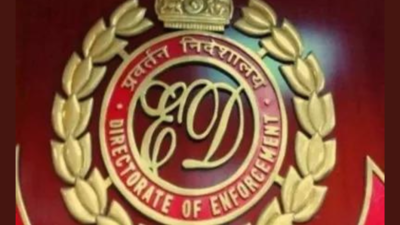
According to the CBI, the chargesheet outlines a sophisticated scheme involving several prominent players. Among those named are students who allegedly secured admission through fraudulent means, their parents who are accused of facilitating these acts, and intermediaries identified as "kingpins" of the operation. The investigation has uncovered that these individuals used a variety of illicit methods to manipulate exam results and gain unfair advantages in the NEET process.
The NEET examination, a crucial gateway for medical college admissions in India, has faced scrutiny over the past year due to allegations of widespread cheating and manipulation. The chargesheet's release is a critical step in addressing these issues and aims to restore trust in the examination's fairness and transparency.
The CBI's investigation has revealed a network of individuals who exploited loopholes in the examination system. The primary method of deception involved the use of surrogate candidates, where individuals took the test on behalf of others. Additionally, there were instances of bribery and collusion with exam officials to alter results. This scheme reportedly involved several high-profile figures and intermediaries who orchestrated these fraudulent activities.
In response to the chargesheet, educational authorities and examination boards have called for stricter measures to prevent similar incidents in the future. The NEET scandal has prompted discussions about the need for reforms in the examination process to enhance its security and credibility. There are ongoing efforts to implement more robust verification systems and to ensure that future candidates are thoroughly vetted to prevent the recurrence of such scams.
The CBI's action highlights the agency's commitment to tackling corruption within the education sector. By targeting both the facilitators and the beneficiaries of the fraud, the investigation aims to set a precedent for accountability and deterrence. Legal proceedings are expected to follow, with the implicated parties facing charges that could result in severe penalties, including imprisonment.
This development comes amid broader efforts to combat educational fraud in India. As the investigation progresses, it is anticipated that more details will emerge about the extent of the corruption and the individuals involved. The case is expected to have significant implications for educational practices and policies across the country.
With the chargesheet now public, stakeholders, including students, parents, and educational institutions, are closely watching the next steps in this high-stakes investigation. The outcome will likely shape future measures to safeguard the integrity of national entrance examinations and ensure that merit prevails in academic admissions.
